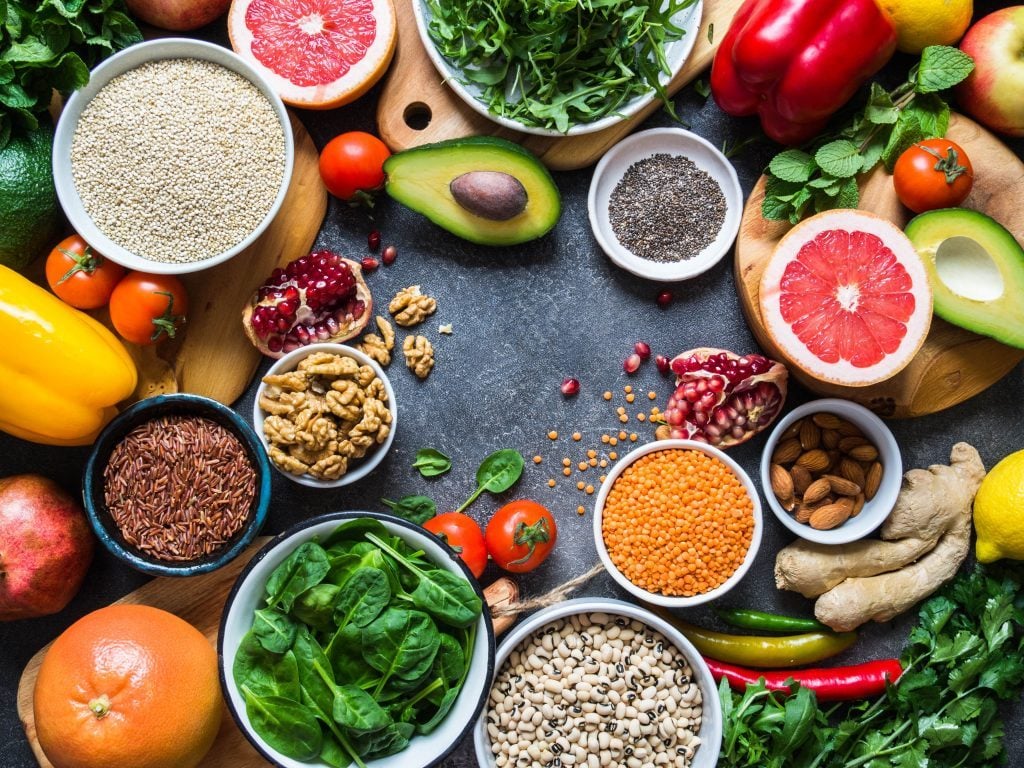
…and what does Ayurveda recommend?
If you have eczema, you know how tough it can be to deal with. It's not just about the extreme dryness and itchiness - it can also cause changes to your skin colour, leave you with open wounds that are prone to infection, and even cause scarring. And let's not forget about the hit it can take on your confidence and mental health. For some people, it's a daily battle!
If you're looking to avoid a flare-up, one good place to start is watching what you eat. An Ayurvedic diet provides guidelines that encourage mindful eating by highlighting what to eat to boost immunity, prevent or manage diseases, and maintain overall health and wellness. Although food doesn’t directly cause eczema, it can make symptoms worse. We’ve taken a closer look into some of the foods which should be avoided as they could contribute to making your symptoms worse as well as foods known to help with symptoms and potentially help to avoid eczema flare-ups also.
Foods to avoid
- Fruits (mango, kiwi, strawberry, citrus fruits including oranges & lemons)
- Vegetables (radish, eggplant, tomatoes, garlic)
- Grains (refined flour, rye)
- Legumes (black gram)
- Spices (mustard, red chilli, nutmeg)
- Oils (coconut oil, canola oil, palm oil)
- Nuts (peanuts, cashews, pistachios)
- Dairy Products (condensed milk, cheese)
- Beverages (alcohol, carbonated drinks, cream-based drinks)
Ayurvedic foods to eat
It’s not all doom and gloom. Plenty of Ayurvedic foods can actually help with eczema. Eating a diet rich in omega 3 fatty acids, quercetin and probiotics can help with inflammation, act as an antioxidant as well as support your overall immune system respectively.
- Fruits (apple, muskmelon, banana, cherry, watermelon, pear, peaches, avocado, papaya, pomegranate, apricot, blueberries, grapes)
- Vegetables (carrot, onion, ginger, beetroot, bitter gourd, mushroom, kale, brussels sprouts, lettuce, turnips, cucumber, pumpkin, spinach, potato, broccoli)
- Grains (wheat, quinoa, rice, millet, barley, oats, corn, finger millet)
- Legumes (green gram, horse gram, chickpeas, red lentil, yellow lentil)
- Spices (cumin, ginger, fennel, peppers, turmeric, coriander)
- Oils (mustard oil, olive oil, rice bran oil)
- Nuts (almonds, walnuts, soaked raisins, flaxseed)
- Beverages (coconut water, herbal tea, green tea)
- Others (miso soup, unpasteurized sauerkraut, kombucha)
Remember, there's no one-size-fits-all eczema diet. It's important to pay attention to any food allergies or sensitivities you may have, and also talk to your doctor if you're unsure about anything. By being mindful of what you eat, you may be able to keep your eczema at bay and at the least help to reduce symptoms and flare-ups.
Natural remedies
All our products have been formulated with dry skin in mind and are suitable for vegans and 100% cruelty-free. Have a look at our range and discover the best Indian plant-based, natural products for eczema-prone skin.

